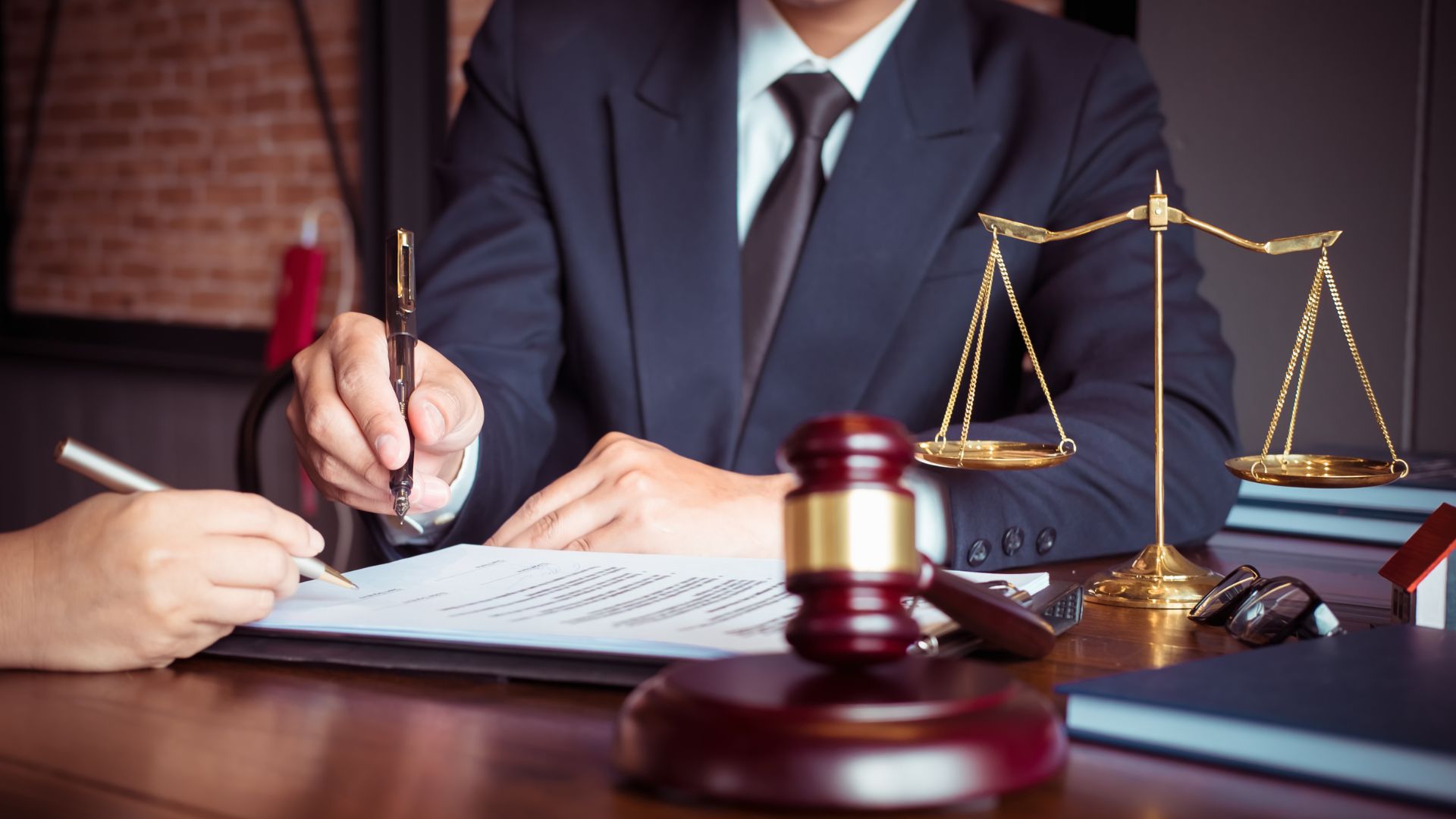Introduction
When you're involved in an accident, the aftermath can be overwhelming. From emotional stress to physical injuries, it’s a lot to handle. On top of that, you have to deal with insurance adjusters who are tasked with evaluating your claim. These professionals play a crucial role in determining how much compensation you may receive for your damages and injuries. Understanding how to navigate conversations with them can make all the difference in ensuring you get a fair settlement.
In this article, we’ll provide comprehensive Tips for Dealing with Insurance Adjusters After an Accident. You’ll learn about the strategies that can empower you during this challenging time and how to effectively communicate your needs while protecting your rights.
Understanding Insurance Adjusters
Who Are Insurance Adjusters?
Insurance adjusters are professionals employed by insurance companies to investigate claims. They assess the details of the accident, review medical records, and estimate the costs associated with damages and injuries. They ultimately decide how much compensation you'll receive based on their findings.
Types of Insurance Adjusters
- Staff Adjusters: These work directly for insurance companies and manage claims from start to finish. Independent Adjusters: Hired by insurance companies but operate as third-party contractors, often brought in for specific claims. Public Adjusters: Unlike independent adjusters, public adjusters represent policyholders and work on their behalf to negotiate settlements.
The Role of an Insurance Adjuster Post-Accident
Once a claim is filed following an accident, the insurance adjuster's job begins. They'll gather evidence such as police reports, witness statements, and medical documentation. Their goal is to assess liability (who was at fault) and determine the monetary value of your claim.
Tips for Dealing with Insurance Adjusters After an Accident
Know Your Rights
Before speaking with an insurance adjuster, it’s crucial to understand your rights as a policyholder or claimant. This knowledge empowers you during negotiations and ensures you're treated fairly.
Research Your Policy
Familiarize yourself with the specifics of your insurance policy beforehand. Knowing what’s covered can help you avoid unnecessary complications during discussions.
Prepare Documentation Ahead of Time
Gather all relevant documents before any discussions with an adjuster. This includes:
- Police reports Medical records Photographs from the accident scene Witness contact information
Being organized will bolster your case significantly.

Communicating Effectively With Insurance Adjusters
Be Clear and Concise
When you speak with an adjuster, clarity is key. Stick to the facts without embellishing or speculating about what happened during the accident.
Practice Active Listening
Listening is as important as speaking when dealing with adjusters. Ensure you fully understand their questions before responding. This will help prevent misunderstandings that could undermine your claim.
Avoid Emotional Responses
Accidents are emotionally charged events; however, keeping emotions in check during discussions is vital. Stay calm and collected even if discussions become contentious or stressful.
Negotiating Your Claim Amount
Know What You Deserve
Before you start negotiating with an insurer, determine what compensation you're entitled to based on:
Medical expenses Property damage Lost wages Pain and sufferingCalculate Your Losses Accurately
Create a detailed list outlining all costs related to the accident so far—and be prepared to present it confidently when discussing figures with the http://parking-lot-crashes-steps-discussion.theburnward.com/the-rising-cost-of-medical-bills-from-auto-accidents-what-s-new adjuster.
Be Prepared for Low Initial Offers
Insurance companies often start negotiations with lower offers than what they’re ultimately willing to pay out. Don’t take offense; it's standard practice on their end aimed at protecting their bottom line.
Avoiding Common Pitfalls When Speaking With Adjusters
Don’t Agree Too Quickly
If an adjuster makes an offer that seems low but tempting, resist the urge to accept immediately! Take time to consider all aspects of your situation before making decisions.
Beware of Recorded Statements
Adjusters may request recorded statements regarding the accident—typically under pressure or urgency—be cautious! These statements can be used against you later if not handled properly.
Don’t Provide Excessive Information
While it’s important to cooperate, sharing too much information can negatively impact your claim's outcome. Stick strictly to relevant details pertaining directly to the accident itself.
Understanding Claims Process Timelines
How Long Does It Typically Take?
The timeline for processing claims varies widely depending on factors like:

- Complexity of the case Availability of evidence Cooperation between parties involved
On average, expect anywhere from several weeks up to several months before reaching a resolution.
What Influences Timeline Length?
Several factors influence timelines:
Severity of injuries involved Type of evidence required Willingness of both parties to negotiateFAQs About Dealing With Insurance Adjusters
1. Should I hire a lawyer?
It depends on case complexity; if significant injuries or disputes arise over liability, hiring legal representation may benefit you.
2. Can I negotiate my settlement amount?
Absolutely! Negotiation is part of claiming; ensure you've researched thoroughly beforehand.
3. What if I disagree with their assessment?
You have every right to contest assessments by providing additional documentation/evidence supporting your position.
4. Is there a time limit on filing claims?
Yes! Most states impose statutes limiting claim submission times—usually within one year post-accident.
5. How do I know if I'm receiving a fair offer?
Compare initial offers against documented expenses incurred due directly related accidents—this will help gauge fairness adequately.
6.What happens if my claim is denied?
If denied initially; request clarification on reasons why—often more documentation suffices in resubmitting valid requests upon appeal!
Conclusion
Dealing effectively with insurance adjusters after experiencing an accident requires preparation and knowledge about policies governing such interactions—including understanding rights entailed when filing claims alongside negotiating desired outcomes amicably thereafter!
Remember these essential tips: stay organized & informed throughout every step taken moving forward since they dramatically enhance chances securing favorable settlements ultimately benefiting overall well-being post-accident trauma endured through trying times faced alongside handling unexpected circumstances arising unexpectedly!
In summary: approach communication proactively while advocating own interests firmly yet respectfully amidst navigating complex landscape surrounding insurance claims prevalent today!